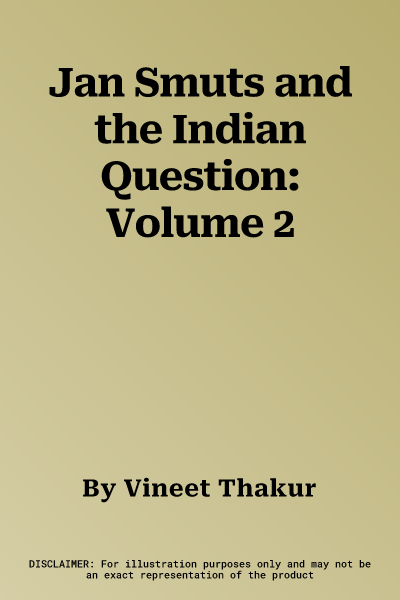Vineet Thakur
(Author)Jan Smuts and the Indian Question: Volume 2Paperback, 1 January 2018

Temporarily out of stock
Free Delivery
Cash on Delivery
15 Days
Free Returns
Secure Checkout

Part of Series
Off-Centre: New Perspectives on Public Issues
Print Length
128 pages
Language
English
Publisher
University of Kwazulu Natal Press
Date Published
1 Jan 2018
ISBN-10
1869143787
ISBN-13
9781869143787
Description
Product Details
Author:
Book Format:
Paperback
Date Published:
1 January 2018
Dimensions:
20.32 x
14.61 x
1.27 cm
Genre:
Southern Africa
ISBN-10:
1869143787
ISBN-13:
9781869143787
Language:
English
Pages:
128
Publisher:
Weight:
4.54 gm